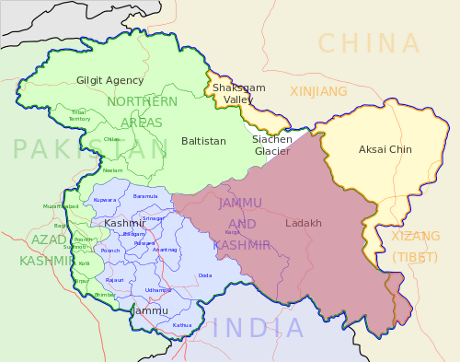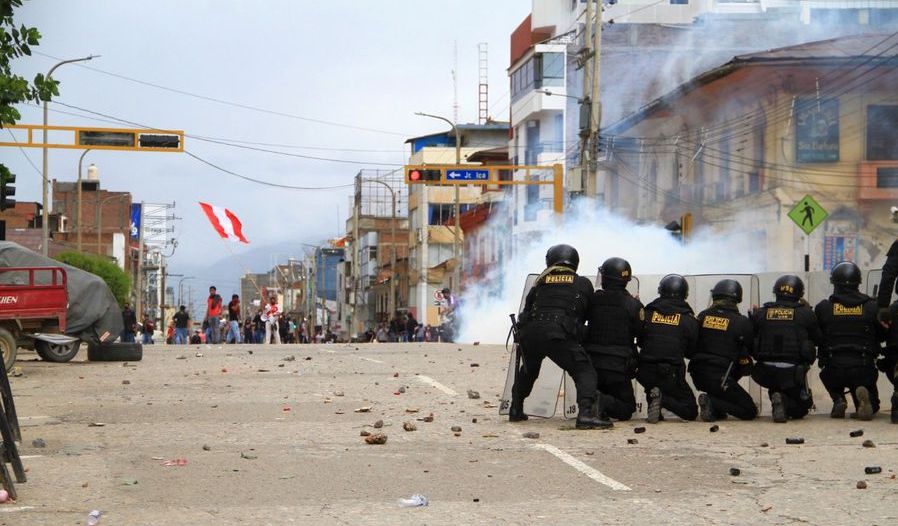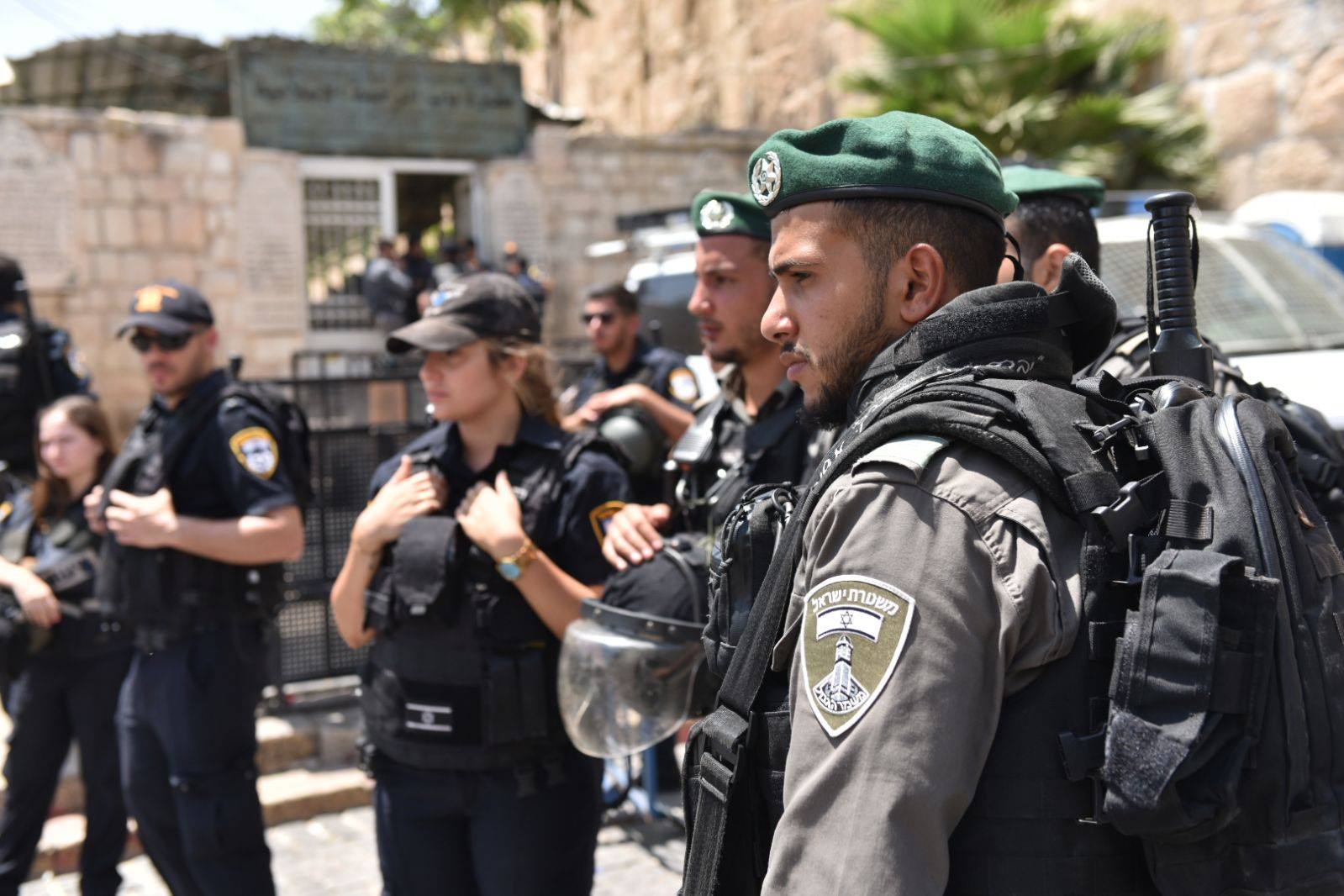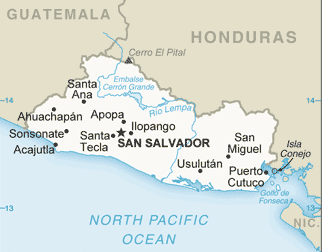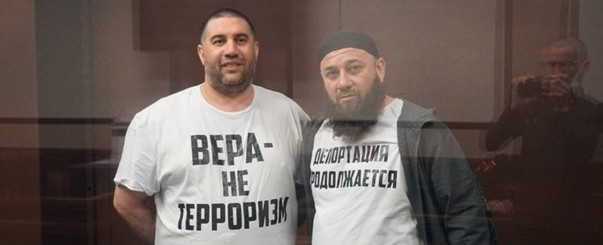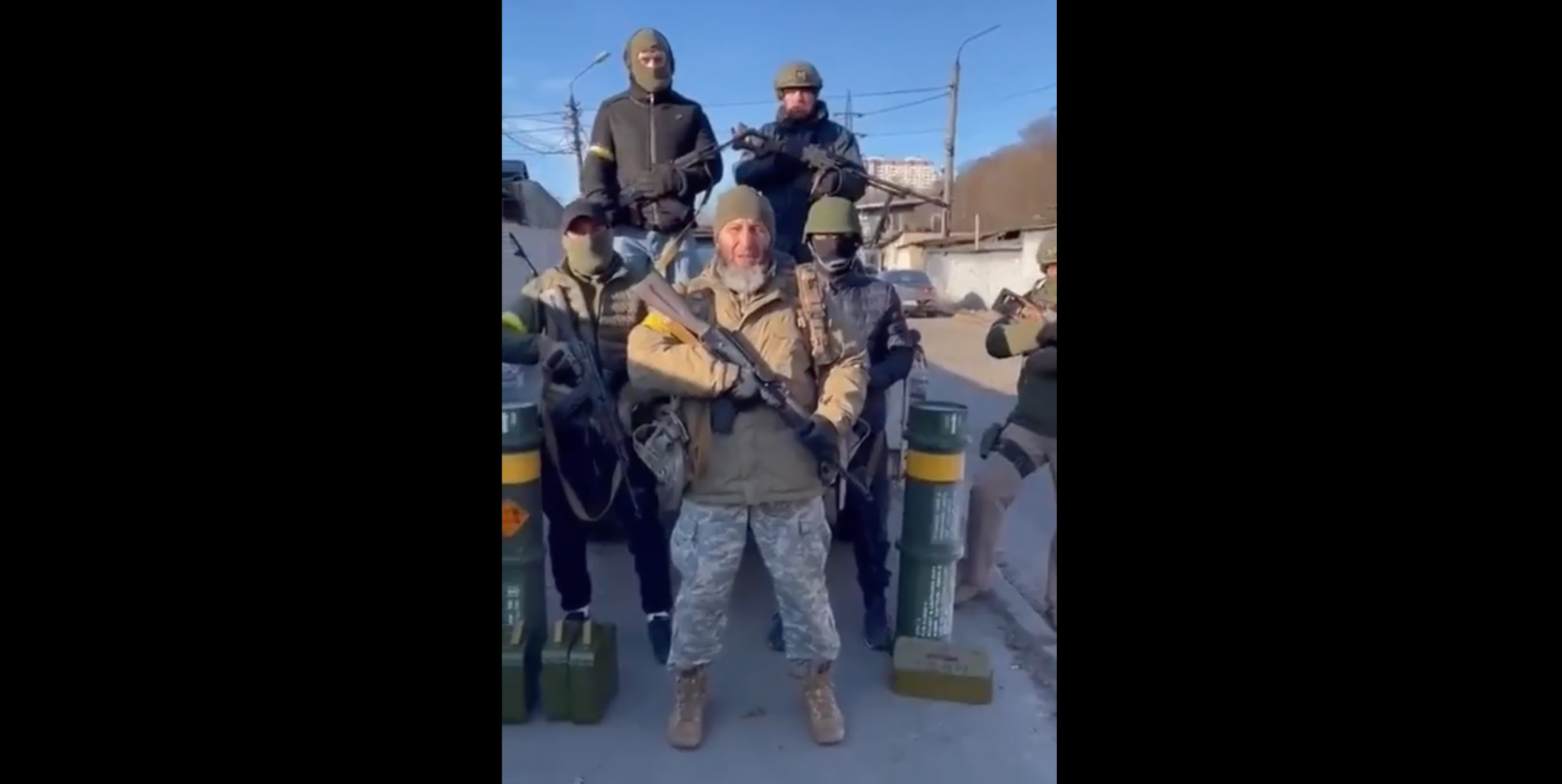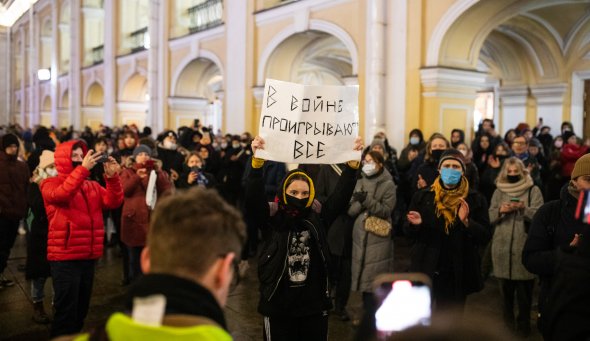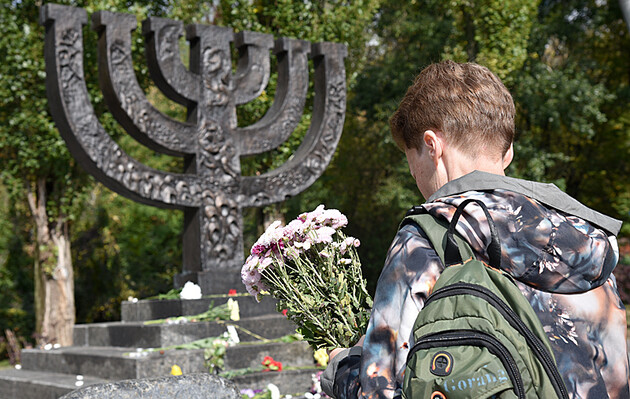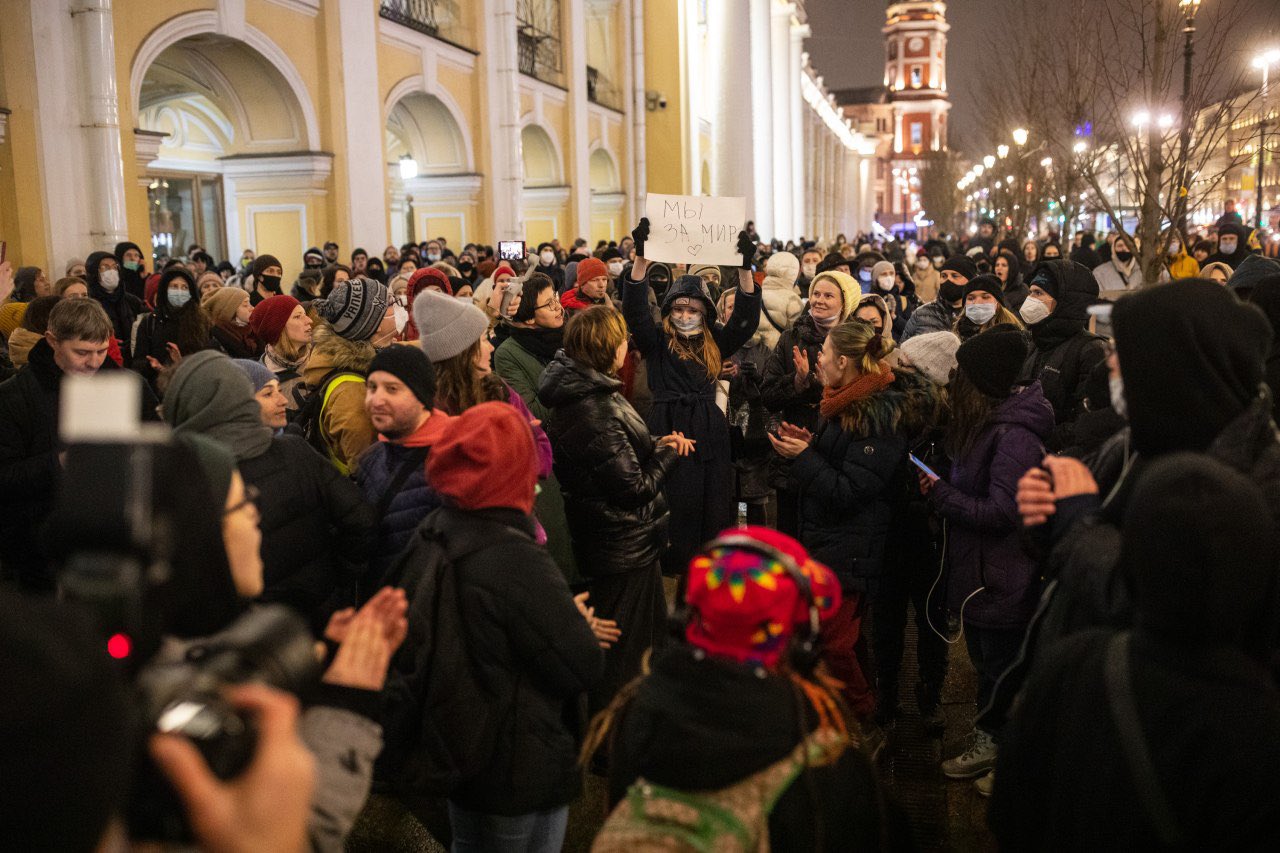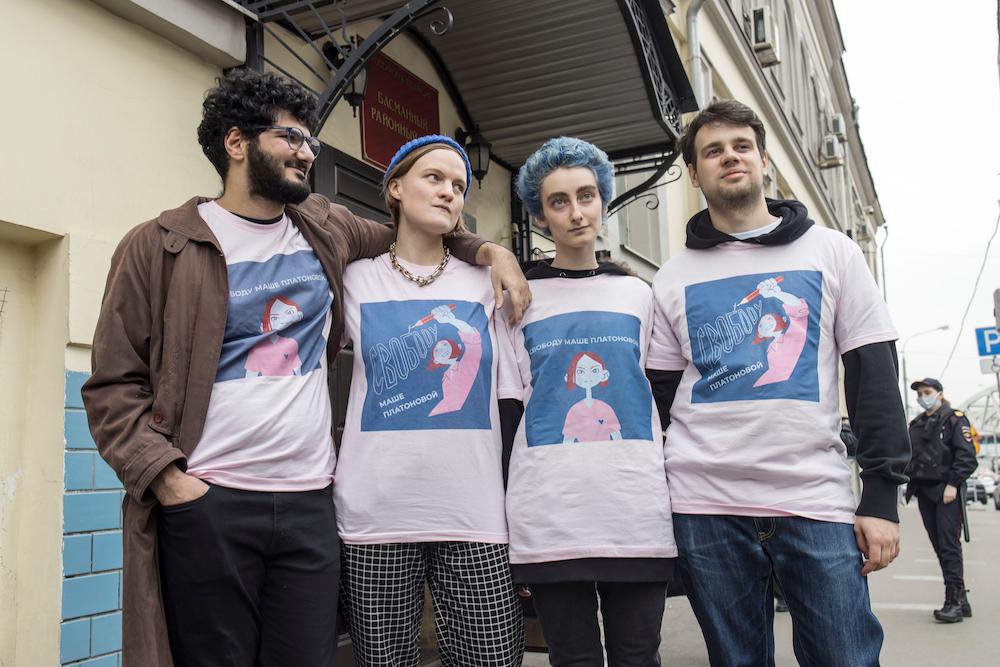
Russia: student journalists sentenced to labor
Four journalists who worked for the independent Moscow student magazine Doxa were sentenced to two years’ “corrective labor” over an online video in which they defended the right of young Russians to engage in peaceful protest. The four—Alla Gutnikova, Armen Aramyan, Natasha Tyshkevich and Volodya Metelkin—had been under house arrest for nearly a year after being detained for posting the three-minute video on YouTube. In the video, posted in January 2021, they asserted that it was illegal to expel and intimidate students for participating in demonstrations in support of imprisoned Kremlin critic Alexei Navalny. Prosecutors claimed that the video encouraged the “involvement of minors” in anti-Kremlin protests, leading to the arrest of over 100 people under the age of 18 in the demonstrations then sweeping Russia. (Photo via openDemocracy)



